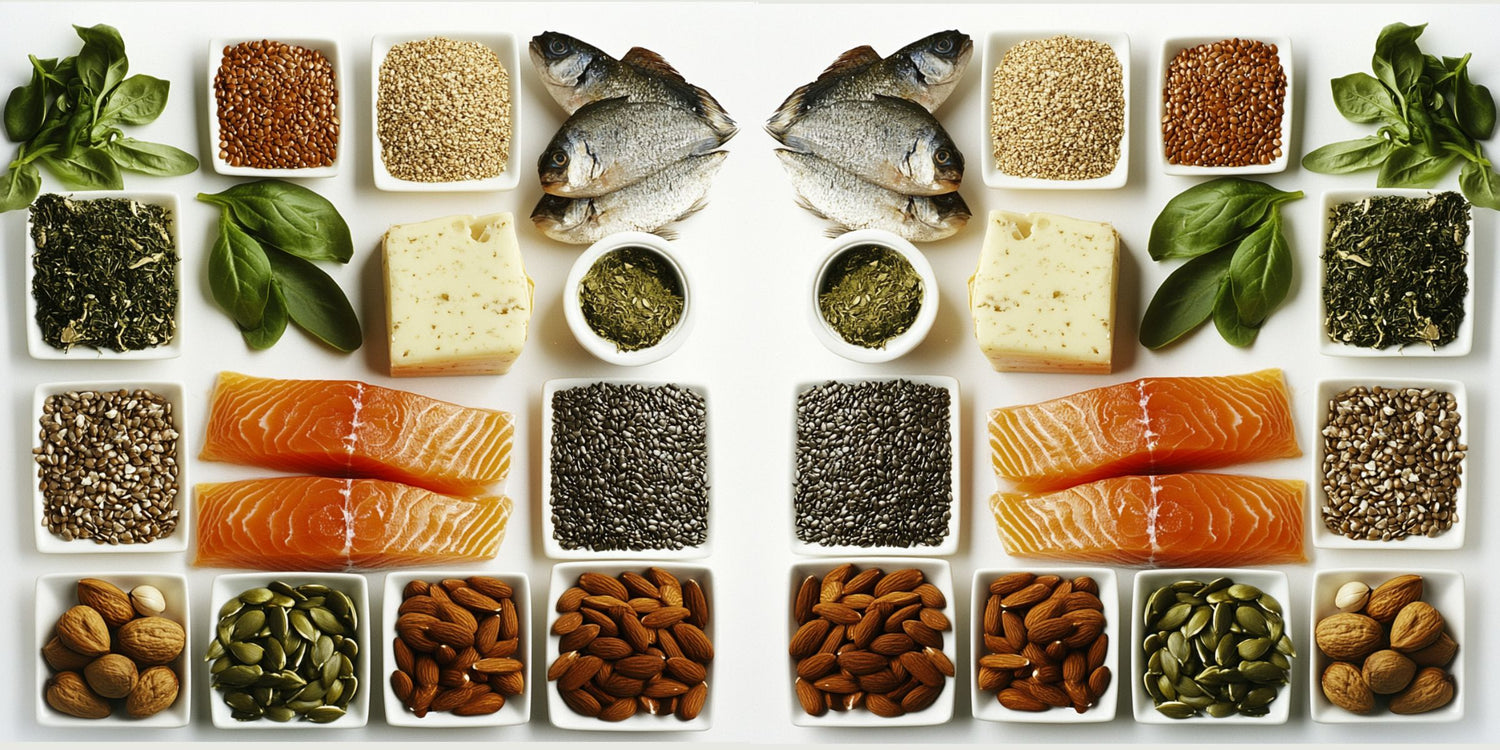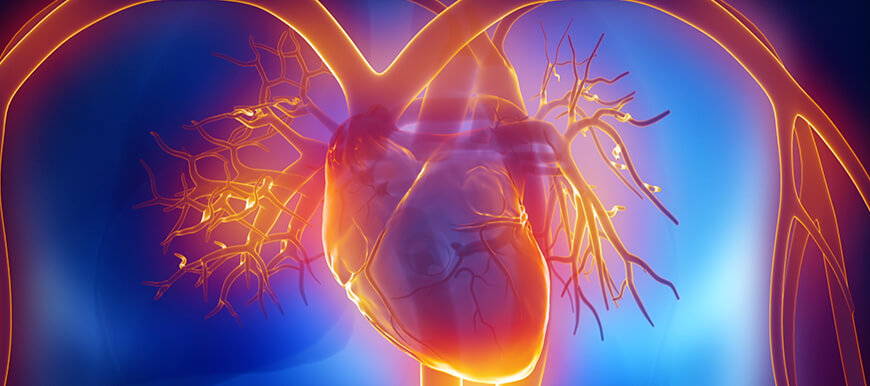1. Omega-3 fatty acids and HRV
Studies have shown that omega-3 fatty acids, which are found primarily in fatty fish such as salmon, mackerel and sardines, have a positive effect on heart rate variability. Omega-3 fatty acids have an anti-inflammatory effect and promote heart health, which is reflected in higher HRV. For vegetarians, chia seeds, flax seeds and walnuts are also good sources.
2. Antioxidants and HRV
Antioxidants found in foods such as berries (e.g. blueberries, raspberries), dark chocolate, green tea and spinach help protect the body from oxidative stress. This stress can negatively affect HRV. Antioxidants help protect cells and improve overall heart health.
3. Magnesium-rich foods
Magnesium plays an important role in relaxing muscles, including the heart muscle, and helps to reduce stress. A good magnesium supply is associated with higher HRV. Foods rich in magnesium include green leafy vegetables, nuts, seeds, beans and whole grains.
4. Probiotics and the gut-heart-circulation connection
A healthy gut may indirectly influence HRV. Probiotic foods such as yogurt, kefir, sauerkraut, and kimchi promote gut health and may help support the parasympathetic nervous system, which is associated with higher HRV.
5. Avoiding sugar and trans fats
Foods that are high in sugar and highly processed, especially those with trans fats, can promote inflammation in the body and negatively impact heart health and HRV. Studies show that a diet rich in fruits, vegetables, and healthy fats can improve HRV, while too much sugar and unhealthy fats tend to have the opposite effect.
6. Hydration and HRV
Staying hydrated is important because dehydration can negatively impact heart rate variability. Drinking enough water throughout the day is very important to support HRV.
Bottom line:
A balanced diet rich in omega-3 fatty acids, antioxidants, magnesium, and probiotics can have a positive effect on HRV. At the same time, avoiding sugar and processed fats can help protect the heart and improve HRV. Making informed food choices can help support heart health.











